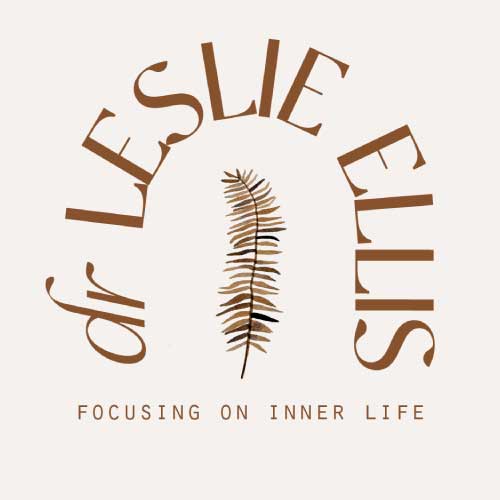Clinical herbalist Sky Richarde says she is often asked about plants that can bolster your dream life by giving you more vivid or lucid dreams. However, few people are aware of the potential dangers of taking an herb without knowing about things like side effects and possible interactions with other medications.
“A lot of people have a misconception that just because it’s a plant, it’s very safe. It can be very safe for some people and can be very dangerous for others, especially for those who are taking medications or who already have other sleep disorders,” said Sky.
Sky is a student in my Embodied Experiential Dreamwork certification program and this presentation of her expertise was given at one of our final class meetings. (A new cohort begins this September). She has been working with medicinal plants all her life, and has also received formal training as a clinical herbalist, from Pacific Rim College in Victoria BC, where she now teaches several courses on herbal medicine.
Sky says that any herb can be helpful for promoting dream life if it is taken with that intention. Two of her favorites include lion’s mane (a fungi, not a plant) which increases mental clarity and can promote dream recall and lucid dreaming. She also likes holy basil or Tulsi, a pleasant tasting tea that can also help with certain sleep disorders and their physiological consequences. Herbs for sleep and dreaming are not a one-size-fits all but ideally are matched with what a person wants to achieve and take their unique sleep and dream life into consideration.
Sky warns against simply doing an internet search on dream-promoting herbs because side effects and dangers are rarely listed. Mugwort, for example, is often listed as an herb that can boost dream recall. However, most people burn mugwort in a room and allow the scent to promote dreaming rather than drinking this very bitter brew, which is not recommended if you suffer from acid reflux.
In general, Sky says an internet search on dream herbs typically yields a list of highly stimulating plants that are not conducive to sleep. Some can even induce psychosis. Blue Lotus Flower, for example, was used in Egyptian times, steeped in wine to induce euphoria. But some people have been inhaling it with vape pens and going into catatonic states that require hospitalization.
Another plant, with the common name African dream root, was used by certain tribes to communicate with their ancestors. But it was taken as part of a ritual, and vomiting is expected. “A lot of these plants are often taken out of the context of their culture and people are using them recreationally without understanding their properties or potential interactions with other substances.”
In terms of potential drug interactions, Sky offers two examples: People might take St. John’s Wort for stimulating dreams, not realizing it can completely disrupt how their birth control medication works. Passion flower is not compatible with anti-depressant or anti-psychotic medication.
It is impossible to cover all of the possible benefits and dangers of dream-inducing herbs here. The main point is to treat plants as you would any other medicine or substance. Sky points out that you would not take another kind of drug without consulting a doctor and understanding its proper dosage and use, and if it has side effects. The same should be true for plants.
Sky recommends that if you’re wanting to explore the rich world of dreams with the assistance of plant allies, that the best course of action is to choose one plant to work with and research how it functions in the body, being sure to do a separate search for potential side effects and herb/drug interactions as well as herb/condition interactions, and try not to neglect learning about the cultural significance of the plants you want to use. Be fully informed before you consume any medicine.

